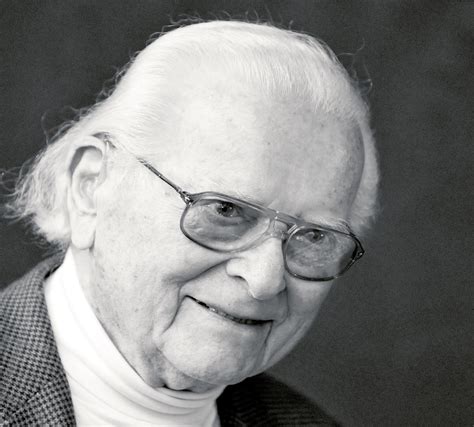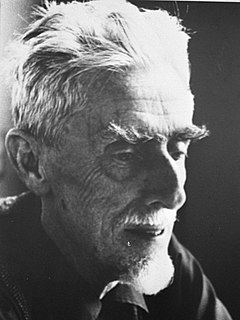A Quote by Richard Steele
He that has sense knows that learning is not knowledge, but rather the art of using it.
Related Quotes
A work of (whatever) art can be either 'received' or 'used'. ...'Using' is inferior to 'reception' because art, if used rather than received, merely facilitates, brightens, relieves or palliates our life, and does not add to it ... When the art in question is literature a complication arises, for to 'receive' significant words is always, in one sense, to 'use' them, to go through and beyond them to an imagined something which is not itself verbal.
Knowledge about yourself binds, weighs, ties you down; there is no freedom to move, and you act and move within the limits of thatknowledge. Learning about yourself is never the same as accumulating knowledge about yourself. Learning is active present and knowledge is the past; if you are learning to accumulate, it ceases to be learning; knowledge is static, more can be added to it or taken away from it, but learning is active, nothing can be added or taken away from it for there is no accumulation at any time.
And if there be any addition to knowledge, it is rather a new knowledge than a greater knowledge; rather a singularity in a desire of proposing something that was not knownat all beforethananimproving, anadvancing, a multiplying of former inceptions; and by that means, no knowledge comes to be perfect.
We have more information now than we can use, and less knowledge and understanding than we need. Indeed, we seem to collect information because we have the ability to do so, but we are so busy collecting it that we haven't devised a means of using it. The true measure of any society is not what it knows but what it does with what it knows.
There is, so I believe, in the essence of everything, something that we cannot call learning. There is, my friend, only a knowledge-that is everywhere, that is Atman, that is in me and you and in every creature, and I am beginning to believe that this knowledge has no worse enemy than the man of knowledge, than learning.
Because of its concrete content, sense-certainty immediately appears as the richest kind of knowledge, indeed a knowledge of infinite wealth for which no bounds can be found, either when we reach out into space and time in which it is dispersed, or when we take a bit of this wealth, and by division enter into it. Moreover, sense-certainty appears to be the truest knowledge ... but, in the event, this very certainty proves itself to be the most abstract and poorest truth. All that it says about what it knows is just that it is; and its truth contains nothing but the sheer being of the thing.
To tell you the truth, I am rather perplexed by the concept of 'art'. What one person considers to be 'art' is often not 'art' to another. 'Beautiful' and 'ugly' are old-fashioned concepts that are seldom applied these days; perhaps justifiably, who knows? Something repulsive, which gives you a moral hangover, and hurts your ears or eyes, may well be art. Only 'kitsch' is not art - we're all agreed about that. Indeed, but what is 'kitsch'? If only I knew!





































